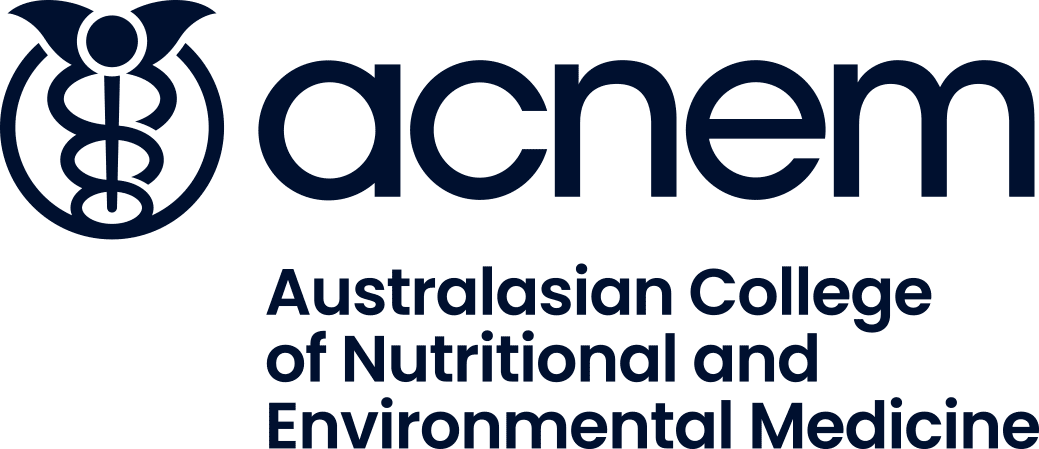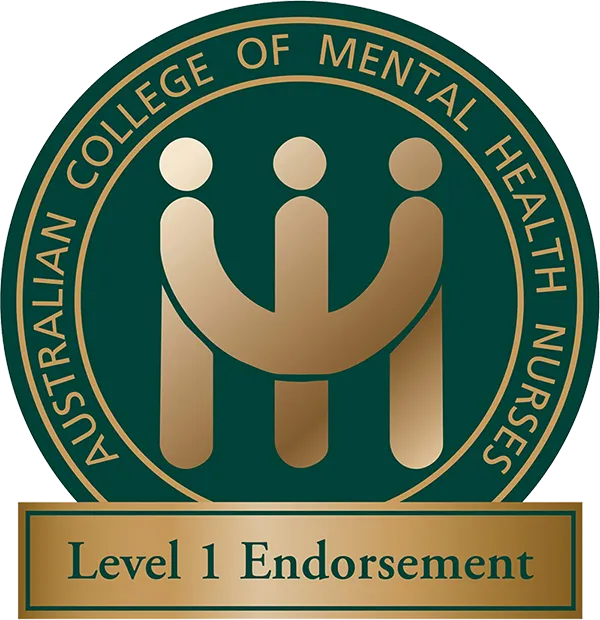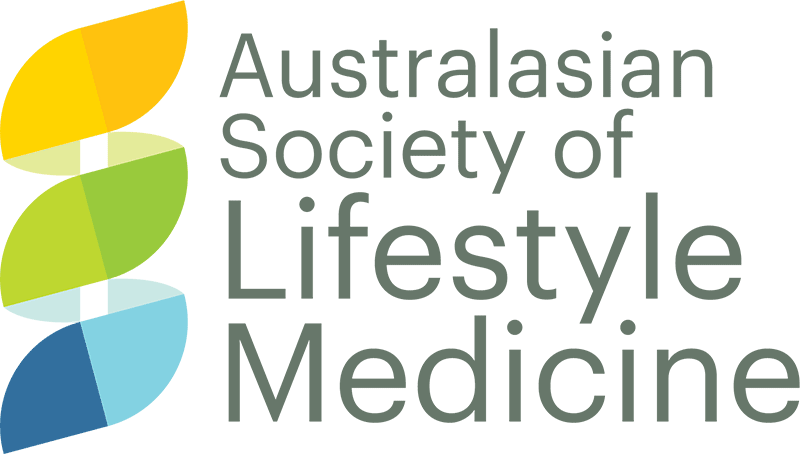Please read the FAQs below for Mind Medicine Australia’s (MMA) Certificate in Psychedelic-Assisted Therapies (CPAT). If you have further questions please contact MMA.
1. How many hours are required for the course each week?
Each week of the online course has a 3-hour class, with additional readings, experiential workshops and discussion exercises to support your learning.
We recommend allocating 6-7 hours/week to maximise the learnings and absorb the content.
2. When will I find out if I’ve been accepted into the course?
After receiving your application it will be reviewed within 3 business days. Admission interview times will be shared for applicants who meet the eligibility criteria that you can book within the following 1-2 weeks.
We review interviews at the end of each week. After you complete your admission interview you will be notified by the end of that week with an outcome. Payment in full or the first instalment will be required within 7 business days following an offer.
3. Is attendance required at all sessions?
Live attendance is not required for online sessions. We strongly encourage all students to attend as many sessions live as they can and ask questions and engage with the teachers and other students. All sessions will all be recorded for later viewing for those who cannot attend.
Attendance of the entire residential is required to complete the course.
4. What are the assessment requirements of the course?
The course has 4 assessment requirements:
- Module quizzes – each module has a 10-question quiz which covers the module’s learning outcomes.
- Self-reflection – a written self-reflective piece is completed after module 4 of the course.
- Written assessment – a written assessment piece is submitted at the end of the course. This assessment piece is different for prescribers and therapists. Prescribers will document a treatment protocol for either MDMA or psilocybin, and therapists will outline the therapeutic approach for a course
of treatment.
- Video role play – a video role play of a preparation session is submitted at the end of the course.
5. What are the differences in the course for prescribers and therapists?
Prescribers and therapists complete the training together. All content is completed by all students.
This structure ensures that all clinicians seeking to work in PAT have a foundational understanding of all areas relevant to delivering these treatments.
Prescribers and therapists will complete different tasks in their final written assessment.
Note that prescribers who are also suitably trained to deliver therapy (such as psychiatrists) will be able to work as both a prescriber and a therapist upon completion of the course.
MMA has found that a diverse, multidisciplinary group of professionals significantly enhances the learning experience. It also leads to a strong network of life-minded professionals who often form clinical groups, networks and teams following the course.
6. Will MMA’s CPAT allow me to work in the PAT field?
With current regulations, Human Research Ethics Committees (HRECs) and the TGA are responsible for determining who can work as part of the multidisciplinary teams that are required to deliver psilocybin and MDMA-assisted therapy as part of the TGA’s Authorised Prescriber (AP) program.
We can confirm that MMA’s CPAT is being accepted by both HRECs and the TGA as suitable training to allow clinicians to work in teams delivering psilocybin and MDMA-assisted therapy.
Ketamine-assisted psychotherapy (KAP) has less regulations around who can work to deliver treatment. CPAT graduates will be able to deliver KAP – either by prescribing themselves or partnering with a medical doctor who can prescribe.
7. Is CPAT accredited?
CPAT is accredited for Continued Professional Development (CPD) with a number of Australian colleges and associations. These are listed on the CPAT website. We recommend that graduates ask their college or association to advise how many CPD points they will be credited from the CPAT training.
As PAT is a new and developing field, the accreditation standards and structures have not yet been in place to begin accrediting training programs. However, the training is recognised by the HRECs and the TGA. MMA is actively working with the Australian and international educational and other organisations to support further accreditation of the course as it becomes possible to do so.






